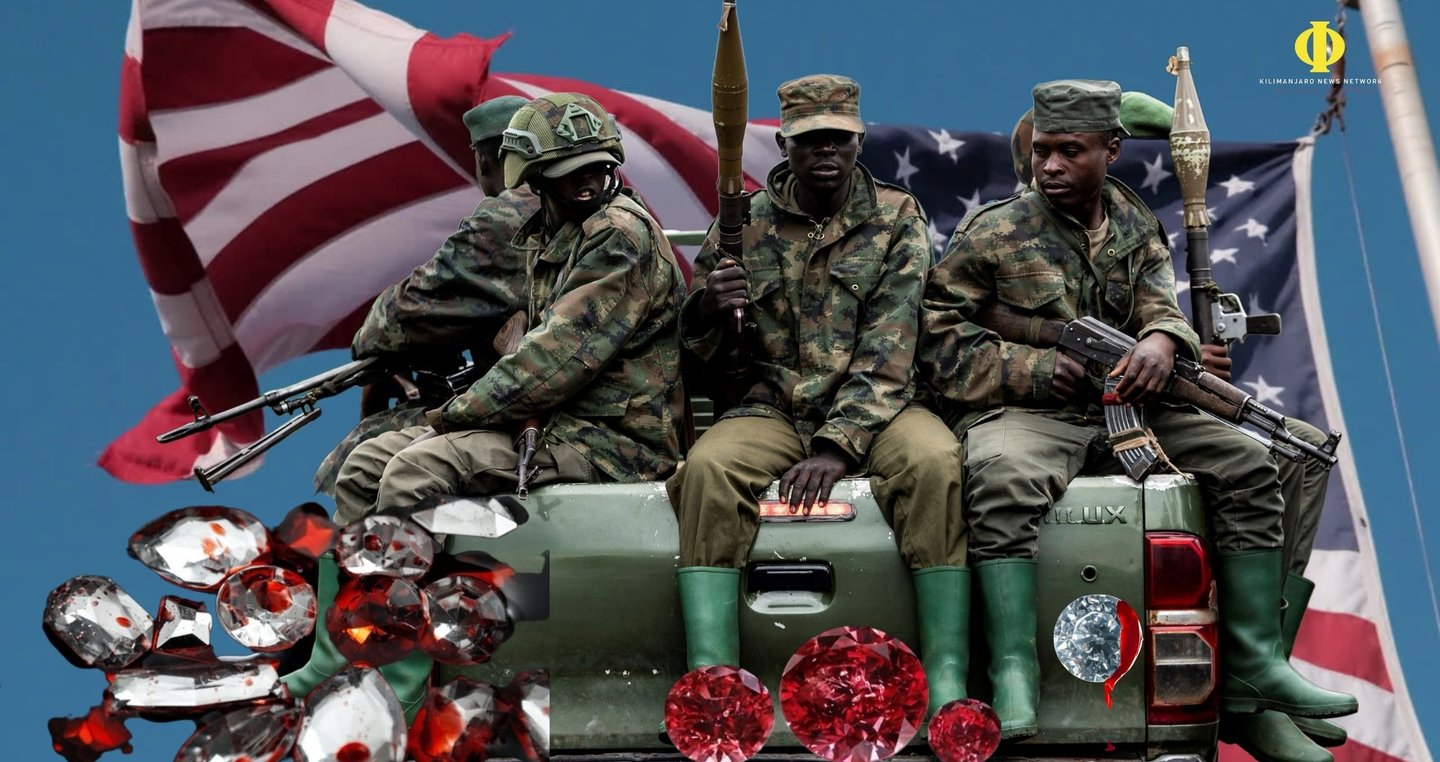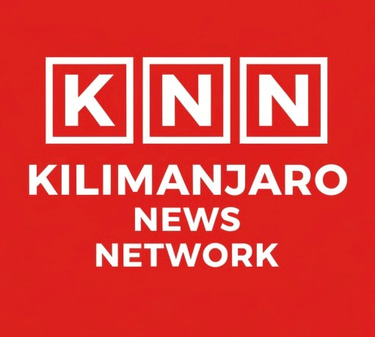Congo's Blood Diamonds. Exposing The Role of The West in The Conflict.
For decades, the Democratic Republic of Congo has been ravaged by a brutal conflict, its riches fuelling violence and its people left suffering. We've been told it's a war fuelled by neighbouring countries, but what if the story is more complex?
WORLD AFFAIRS
2/6/20243 min read


Congo's Blood Diamonds. Exposing The Role of The West in The Conflict.
For decades, the Democratic Republic of Congo has been ravaged by a brutal conflict, its riches fuelling violence and its people left suffering. We've been told it's a war fuelled by neighbouring countries, but what if the story is more complex? Kilimanjaro News Network, delves into a web of Western involvement, from corporations profiting from conflict minerals to governments wielding influence behind the scenes. Are we turning a blind eye to our own role in the bloodshed? Join us as we investigate and expose the uncomfortable truth, uncover who benefits from the chaos, and explore what it will take to break the cycle and bring peace to a nation drowning in despair.
The Democratic Republic of Congo (DRC) the sleeping economic giant of Africa bleeds. For decades, a conflict fuelled by a toxic mix of greed, historical scars, and geopolitical manoeuvring has ravaged the mineral-rich nation, leaving millions displaced and countless dead. While fingers often point towards neighbouring countries like Rwanda, a closer look reveals a web of Western involvement – companies profiting from conflict minerals, governments wielding influence, and narratives deflecting blame – that perpetuates the suffering.
The roots of the conflict run deep, intertwined with Belgium's brutal colonial rule and the fallout from the Rwandan genocide. Western powers played a role which goes beyond in shaping these legacies, leaving behind ethnic tensions and political instability ripe for exploitation.
Today, Western companies are accused of turning a blind eye to the source of their minerals – gold, coltan, and tantalum – that line their electronics and jewellery. Looted from conflict zones by armed groups, these minerals fuel the war machine, enriching corporations while financing bloodshed. Despite initiatives like the Dodd-Frank Act, concerns linger about loopholes and lax enforcement, allowing the cycle of violence to continue.
Western governments, too, have their hands in the DRC's turmoil. Their economic interests and strategic concerns often translate into political influence, backing certain factions and shaping regional dynamics. While peacekeeping missions aim to quell the violence, critics argue they can inadvertently prolong the conflict, creating a dependency on external intervention.
When accusations arise, the narrative often shifts, deflecting blame towards regional actors like Rwanda. While their involvement deserves scrutiny, this tactic conveniently overlooks the complex web of Western influence and responsibility. It allows corporations and governments to maintain a façade of innocence while the conflict persists.
Who Profits? While millions suffer, a select few reap the benefits. Armed groups line their pockets with mineral wealth, funding their operations and perpetuating the violence. Corrupt officials within the DRC divert resources, enriching themselves while leaving the nation impoverished. And Western corporations continue to turn a profit, often at the expense of human lives. American giants Apple and Tesla have been linked to sourcing cheap materials for their products from this area though they continue to deny it.
Ending the conflict demands a multifaceted approach. Holding corporations accountable for their sourcing practices is crucial. Governments must engage in diplomacy with clean hands, prioritizing peace over profit. And the narrative must shift, acknowledging the Western role and demanding responsibility from all actors involved.
The conflict in the DRC is a stark reminder of the interconnectedness of our world. The choices we make, the resources we consume, and the narratives we accept all have consequences. It's time for the West to acknowledge its role in the DRC's tragedy and take concrete steps towards a lasting peace, not just point fingers and perpetuate the suffering. The blood on Congo's soil stains our hands too, and the time for action is now.
Kilimanjaro News Network would like to hear from you directly. Join the conversation. Do you think Western companies should be held responsible for their role in fostering the conflict, even if they claim ignorance? Who are those funding groups like the M23 and who is benefitting? Are the hands of NGOs operating in the Congo clean? Do you think the African Union should step up to curb Western interference? Send us your messages.

